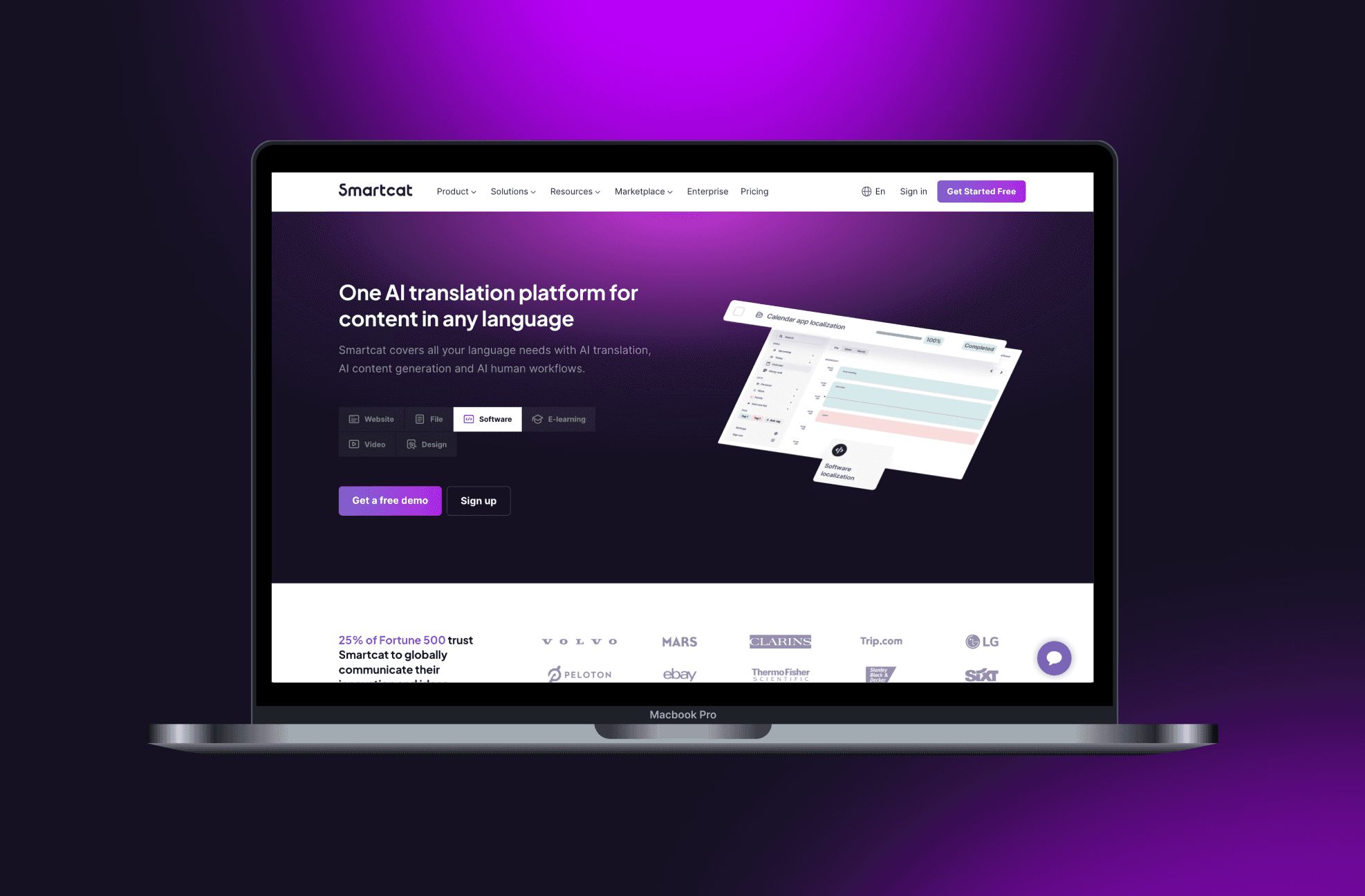Industry Cloud Platforms
Industry Cloud Platforms (ICPs) are a transformative force in 2024. These platforms integrate software as a service (SaaS), platform as a service (PaaS), and infrastructure as a service (IaaS) to provide tailored solutions that address the unique needs of various industries like healthcare, finance, and manufacturing.
Customization and Flexibility
ICPs are all about customization. They allow businesses to design their solutions according to specific industry needs and regulatory requirements. In healthcare, for instance, compliance with regulations like HIPAA is crucial. ICPs offer built-in compliance features and workflows that streamline processes, ensuring that businesses can focus on what matters most: providing top-notch services to their clients.
The flexibility of ICPs means they can integrate seamlessly with existing systems, allowing businesses to innovate without being shackled by legacy technologies. This capability is vital for industries that must rapidly adapt to changes, such as financial services, where regulations and market conditions can shift quickly. The platforms offer a framework that supports various technologies, enabling businesses to innovate and scale operations efficiently.
Integrated Capabilities
ICPs shine when it comes to integrating advanced technologies like data management, analytics, and AI. These platforms provide businesses with the tools they need to harness data for strategic decision-making. For example, AI and machine learning capabilities embedded within ICPs allow companies to automate routine tasks, predict trends, and personalize customer experiences. This integration is not just about efficiency; it’s about driving innovation and creating value.
The power of data-driven insights cannot be overstated. With ICPs, businesses can analyze vast amounts of data to uncover patterns and make informed decisions. This capability is particularly valuable in industries like manufacturing, where optimizing production processes can lead to significant cost savings and efficiency gains.
Adoption and Impact
The adoption of industry cloud platforms is accelerating at an impressive pace. Predictions indicate that by 2027, more than 70% of enterprises will leverage these platforms to drive their business initiatives. This shift is a testament to the profound impact ICPs have on digital transformation. Companies using these platforms are better equipped to meet customer demands, streamline operations, and achieve faster time-to-value.
ICPs facilitate collaboration among stakeholders, such as customers, suppliers, and regulators, within their industry ecosystem. This enhanced collaboration fosters innovation and helps businesses maintain a competitive edge. By integrating industry-specific tools and services, ICPs empower organizations to improve operational efficiency and create more value for their customers.
Key Trends and Challenges
In 2024, several trends are shaping the development and deployment of ICPs:
- AI adoption within ICPs is set to grow significantly, enhancing decision-making and operational efficiency. Businesses can leverage AI-as-a-service to access advanced analytics and machine learning tools without the need for extensive in-house resources. This capability allows companies to automate processes, reduce costs, and innovate at scale.
- Edge computing is gaining traction as businesses look to reduce latency and enhance real-time data processing capabilities. By moving data processing closer to the source, edge computing improves performance and supports applications that require quick response times. This trend is particularly relevant in industries like telecommunications, where speed and reliability are paramount.
- The adoption of hybrid and multi-cloud strategies is on the rise, offering businesses the flexibility to optimize their operations across multiple cloud providers. This approach reduces dependency on a single vendor, enhances resilience, and allows businesses to tailor their cloud strategy to meet specific needs. Companies are increasingly adopting multi-cloud strategies to avoid vendor lock-in and ensure that they can move workloads seamlessly across different cloud environments.
- As environmental concerns grow, businesses are increasingly focused on sustainable technology practices. ICPs help companies reduce their carbon footprint and optimize resource utilization, aligning with broader sustainability goals. This trend is driven by the need to balance economic growth with environmental responsibility, ensuring that businesses can thrive without compromising the planet's health.
Conclusion
Industry Cloud Platforms are improving how businesses operate by providing specialized and integrated solutions that drive efficiency, innovation, and value creation. As more companies adopt these platforms, they will likely see significant improvements in agility, operational efficiency, and customer satisfaction.
By implementing ICPs, businesses can transform their operations, enhance collaboration, and pave the way for a more connected and efficient work.

